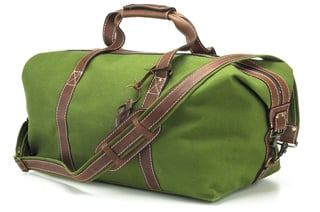 So you've just scheduled your sleep study (also known as polysomnography). It's a few days, maybe weeks away. What are some of the best things you can do to make the most of this experience?
So you've just scheduled your sleep study (also known as polysomnography). It's a few days, maybe weeks away. What are some of the best things you can do to make the most of this experience?
How to prepare for a sleep study
Having a sleep study is a bit different from a normal doctor's appointment. You will be staying the night (unless it's a daytime study). You will be spending about 12 hours there, between the time you arrive and the time you leave.
This is a diagnostic medical test, and potentially a therapeutic procedure if you have specific symptoms that qualify for it. Just as with an inpatient or outpatient surgery, you will be given instructions by your sleep specialist for how to prepare, and your cooperation in following these steps will ensure the best experience for you as a patient as well as the best testing conditions for the doctor.
What to do in advance
There may be specific things you need to do right away in order to prepare for your test. Do not assume that you can wait until the day of your test to prepare.
Note: These are general instructions. Pleae follow all directions given to you directly by your healthcare provider.
-
Most every sleep test requires a patient to complete a sleep diary prior to the test itself. Ideally, the diary form will be given or mailed to you immediately so that you can start tracking the details of your sleep schedule. The most prepared patient will have filled out 2 weeks' worth of data and will bring this with them to their sleep test.
It's not complicated; usually, you record the time you go to bed, the time you wake up in the morning, the times you rose during the night, and details about what you ate or drank prior to sleep (as well as medications taken). Some doctors may ask for a few more details, but these are the basics.
Sleep diary information is very important for the doctor to review as it can shed light on findings in a sleep test. If you forget, do your best to guess as accurately as you are able. -
If you use a caregiver
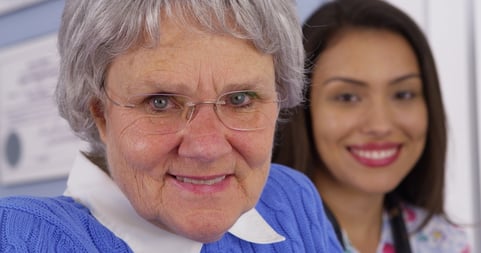 at home for tasks such as bathing, getting around, tending to toilet hygiene concerns, and other reasons, you need to make arrangements for that caregiver to stay with you the night of the test.
at home for tasks such as bathing, getting around, tending to toilet hygiene concerns, and other reasons, you need to make arrangements for that caregiver to stay with you the night of the test.
Labs will accommodate caregivers whenever they are instrumental in patient care.
Very important: sleep technologists who are conducting the tests are not trained nurses; they cannot legally handle medications of any kind and are not trained in basic nursing skills. -
If you are taking certain medications which may alter the results on your tests, such as antidepressants, you might be asked to stop taking them for a couple of weeks prior to your test in order to get the most clarity out of your results.
Do not stop taking any medications unless directed by your physician.
If they do ask you to stop, please understand that it's for the benefit of more accurate testing. If you have concerns about going without certain medications, talk to your doctor; they should have some solutions or compromises that can work for the both of you.
What to do the day of the test
What to bring
-
Comfortable, modest pajamas; you will not be allowed to sleep without clothing
-
A change of clothes for the morning
-
Your usual toiletries (toothbrush, toothpaste, deodorant, etc.) that you would pack for an overnight stay at a hotel
-
A favorite pillow, blanket or other item that will help you be more comfortable
-
Insurance cards and identification
-
The me
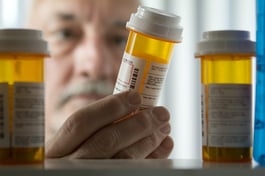 dications you will need to take that night, including your prescriptions, vitamins, and any sleep aids the doctor prescribes
dications you will need to take that night, including your prescriptions, vitamins, and any sleep aids the doctor prescribes -
A list of all your current medications to give to your sleep technologist (whether you take them during the test or not)
-
If you are prescribed a sleep aid, bring it with you whether or not you think you will need it. Many labs cannot provide a last-minute sleep aid, nor can the sleep technologists administer any kinds of drugs (they cannot even administer over-the-counter medications). Some patients may have trouble sleeping in the lab; the sleeping pill is there to help facilitate sleeping in order to have a complete study. Whatever you do, don't take your sleep aid until you have been told to do so.
-
If there are other medications you use to help you sleep, such as antacids or saline nasal spray, bring them and use them as you normally would.
-
If you are using CPAP already, bring your mask (you may or may not use it, but this is helpful to the DME either way)
-
If you don't know your current CPAP/BiPAP settings, you can bring your machine with you as well for a reading from the sleep technologist or DME
-
A book or magazine and reading glasses (but please leave backlit electronic reading devices at home) or other passive activities like knitting or crossword puzzles (they can help pass any down time you may experience)
-
If you use an eye mask at home or wear earplugs, go ahead and bring those. The rooms are built to be extremely quiet and dark, but patients may still need the added sensory blocking to be comfortable. White noise machines are also welcome (keep in mind, some labs already have these)
-
Pets are not permitted; however, medically authorized service animals are approved
What to do (and what not to do) before a sleep study
-
Avoid all caffeine after 2pm (coffee, cola, chocolate, tea, energy drinks) in
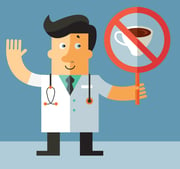 order to prevent it from affecting your sleep.
order to prevent it from affecting your sleep. -
Do not nap during the day prior to the sleep study, in order to ensure you will be sleepy and will fall asleep.
-
Avoid drinking any alcohol or using marijuana before you arrive. If you cannot sleep without these substances, talk to your doctor.
-
Please arrive with dry, clean hair that does not have sprays, oils or gels on it, which can interfere with data collection via the sensors applied to your scalp.
-
Eat a normal meal at dinner time; if you are diabetic and need snacks, let the sleep technologist know about this. They can accommodate refrigeration of your snacks and may also have some things to offer you at the lab, should you need them for blood sugar regulation.
When to arrive
Sometimes patients feel that if they arrive earlier than their pre-appointed time, that means they can get started earlier. What they don't know is that sleep technologists typically work with several patients at a time and the timing of their arrivals is coordinated with the setups that are required for each patient. If you arrive earlier, it does not mean you can start early and may, in fact, mean you will be asked to wait.
On the other hand, do not be late. If you are more than half an hour late, you may need to be rescheduled, and some labs charge fees for no-shows.
What to leave at home
Any k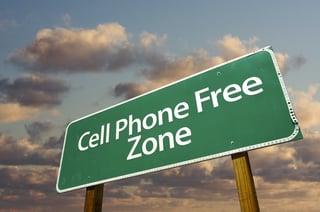 ind of backlit device (a smartphone, a tablet, an electronic reader, a handheld video game) should be kept at home or, if not, then turned off and kept away from your sleeping space, out of reach. Why?
ind of backlit device (a smartphone, a tablet, an electronic reader, a handheld video game) should be kept at home or, if not, then turned off and kept away from your sleeping space, out of reach. Why?
The blue spectrum light emitted from these devices forces your brain to stop producing melatonin, a key sleep-producing hormone.
In addition, the devices themselves can interfere with sleep study data collection.
Another reason they are problematic is that they generate noise that could disturb others.
Finally, the content from these devices is typically invigorating and not sleep inducing; incoming texts and phone calls are also disruptive to the sleep testing process.
If you insist on using your device anyway, you may be asked to surrender it to the lab until after the end of the test.
If you have concerns about any of these preparations, please talk to your doctor in advance about them. Everyone involved in your care during an overnight sleep test wants you to have the best possible experience and the most accurate results. Addressing potential conflicts in advance can go a long way toward making your overnight stay the best it can be.


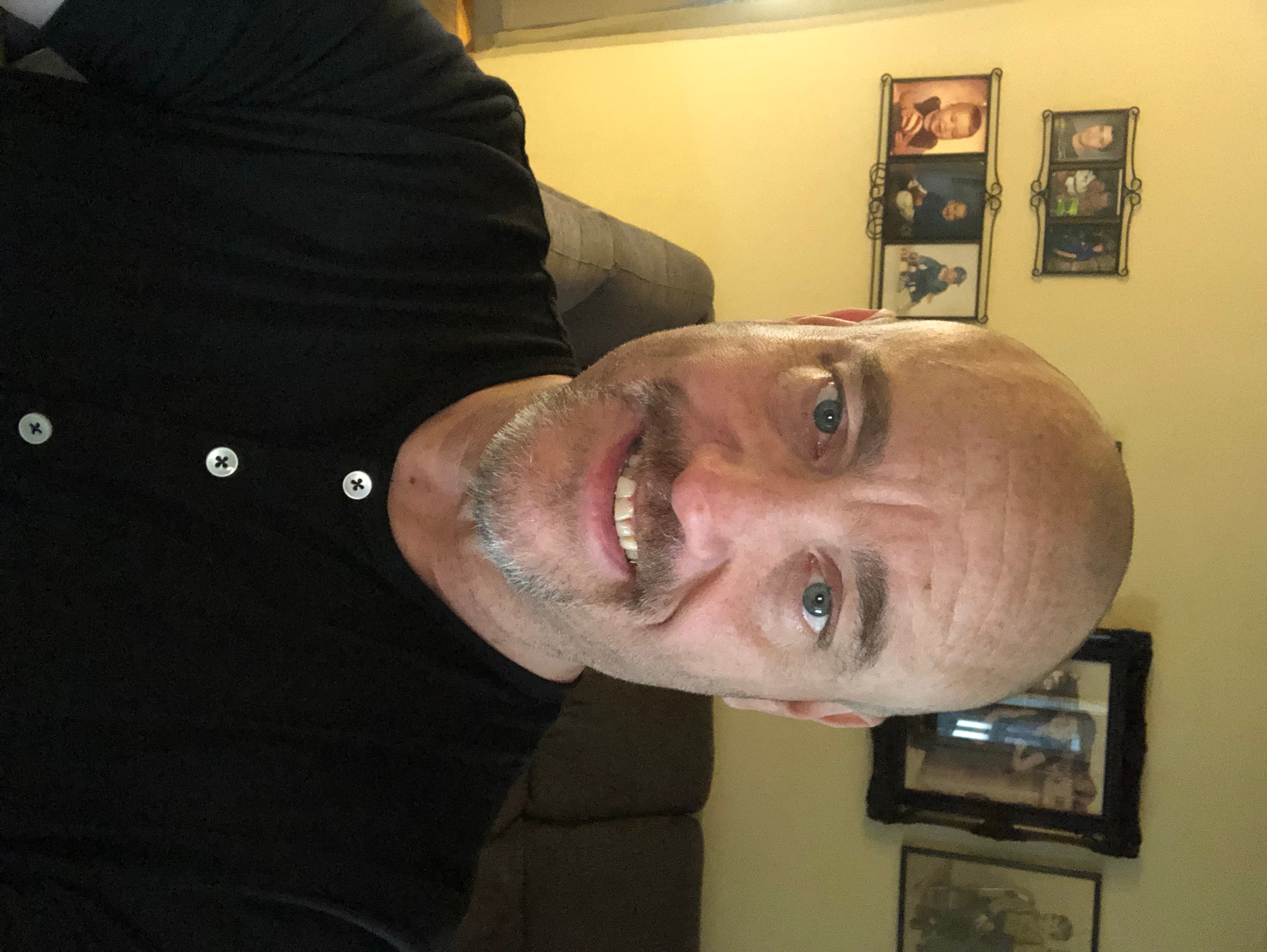



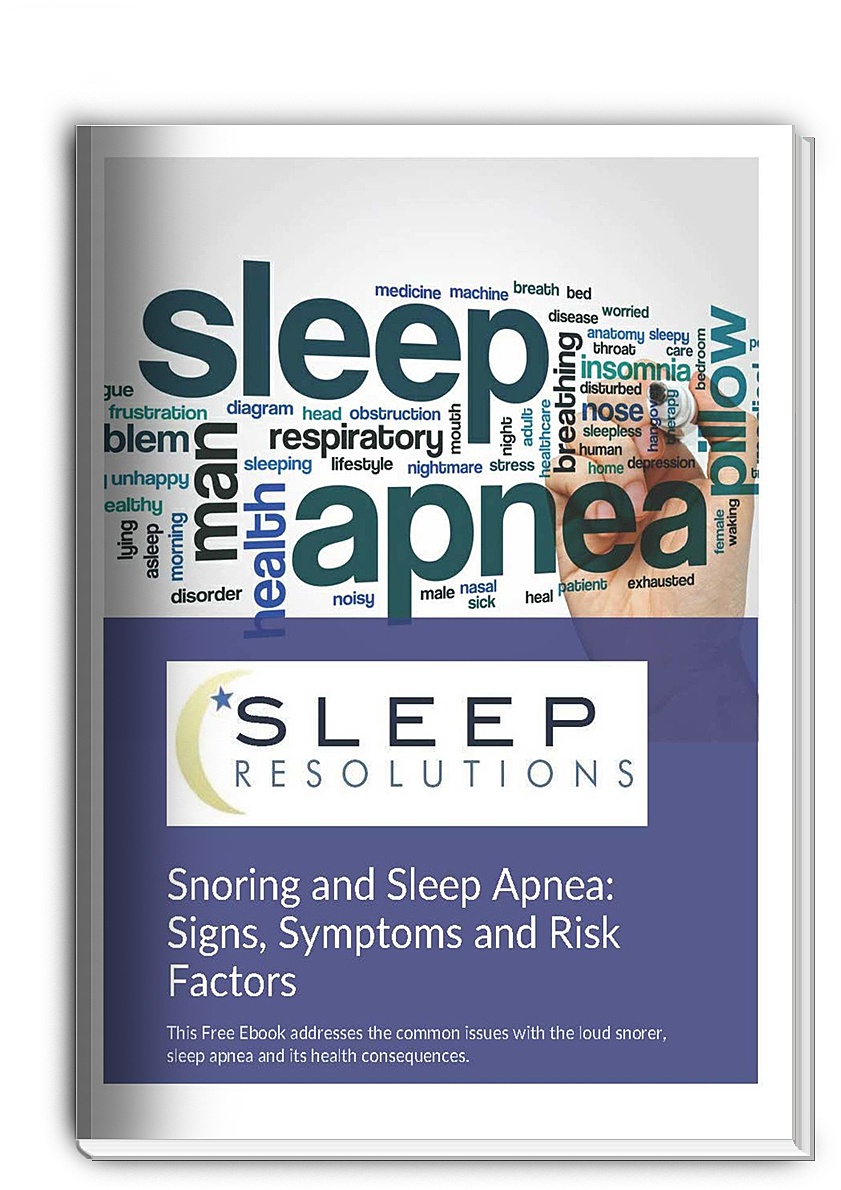

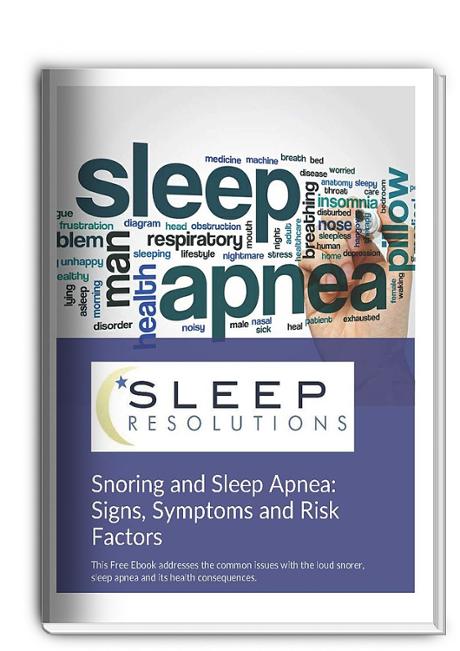


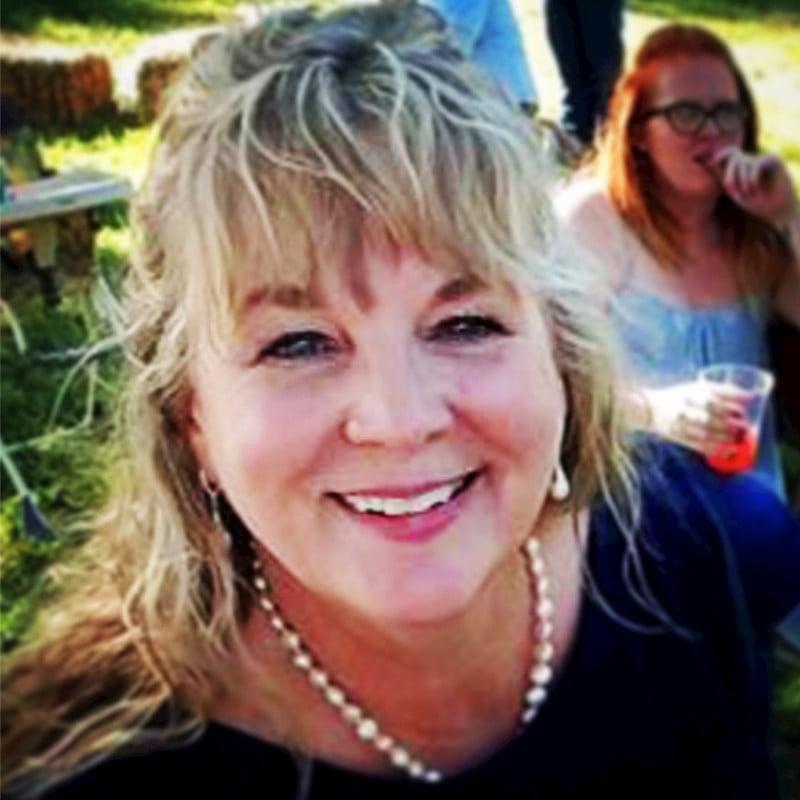
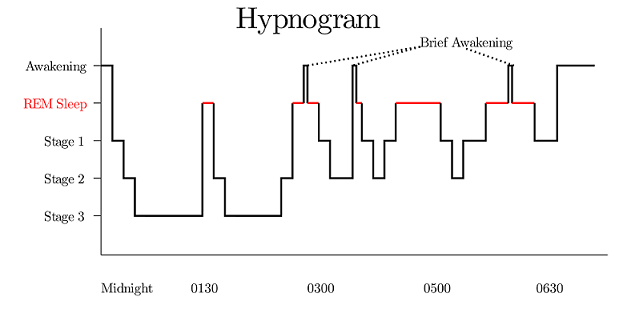
Leave a comment